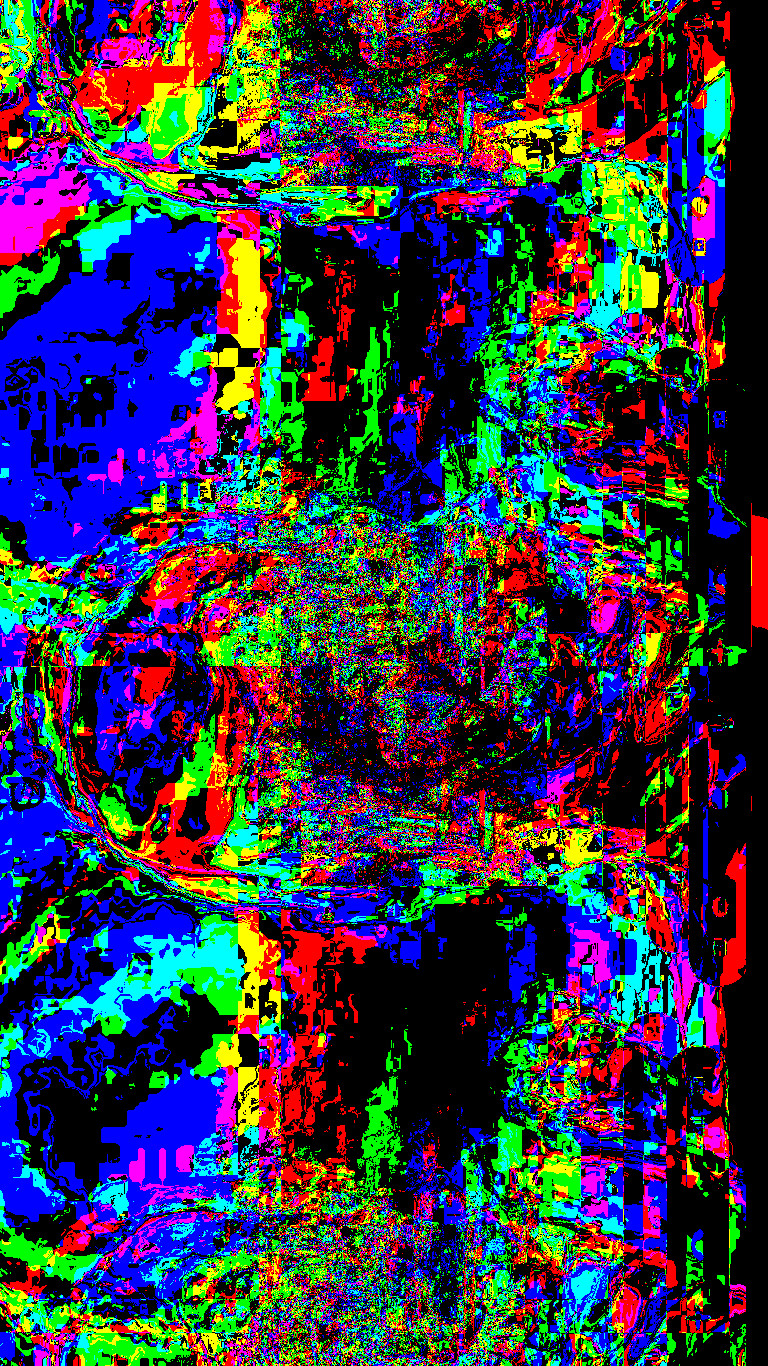revew: Frantic Assembly – Fatherland
Fatherland/
by Scott Graham/ Karl Hyde/ Simon Stephens/
Frantic Assembly/
Royal Exchange Theatre/
Manchester International Festival/
1-22/07/17//
Dads n tha
I totally believe and have done for a whole while that theatre/art/whatever method we use to project each other’s brains at each other is about recognition. I think that if you want to use theatre to change the way people see and/or live in the world then you need to be able to hold up a mirror. And that mirror doesn’t necessarily need to show them themselves in the piece, but just to reflect something that exists in them. Maybe they don’t even notice (maybe you don’t want them to) but if you want to challenge people, first you must trick them into seeing something they already believe to be there.
Dads are hard men and Dads are big heavy coats and shoulders and headsdown, Dads are loud voices and deep voices and Dads are physical strength and crossing the stage in straight lines.
These are a few images which pinged off the right synapses in my mind: this is a very masculine show, this is a very male show, men are very masculine and male and inhabit the world in their own way, their manly and male and strong way. There are lots of assumptions that sit in the way my brain digests the world, that act without me being able to leave them. Fatherland is a verbatim show, elbowing its way through the consequences of preset brains in its own way – those of its participants and particularly those of its creators. I’m wary of verbatim work – I’ve every faith it can be done well somehow but I’ve largely seen it either barely directed or exploitative from the off.
Fatherland‘s thread, linking each of the men interviewed, is that they are from the three lead creative’s home towns. These creatives are represented onstage, as is one particular interviewee who takes objection to the premise of the work. In the context of verbatim work, I’m pretty quick to disregard a work that refuses to engage critically with its form.* The mirror that is the show is not just floating there, it’s being held, by three white men who are pretty well off by now, are getting paid to do this and are recording everything you say. Also the character of Simon Stephens comes across like a right knobhead – which I’m taking to be deliberate. For my part, it seems like Stephens is written(?) and played (Ferdy Roberts) to come over as pretty patronising and insufferable. I’ve not met Simon beyond shouting across the road so maybe he’s exactly like that and he’ll get upset if he reads this.**
BUT my point in calling (fictional) Simon Stephens a dickhead is that it reads like a defence strategy: rather than making a verbatim piece where the text arrives uninterrupted by the questioner, Stephens leaves the audience under no illusion that this is a piece of artifice, written by some bloke who moved to London a while back and lacks tact sometimes. And my point in pointing this out is that it’s very masculine to start defending yourself before the attack is a speck on the horizon. It’s a pre-emptive squaring of the shoulders, its doing your hair in a way that you hope looks like you’ve not put any effort into it. It was just as much work for Stephens to come across like a knob as it would have been to strip all the bits where that might have happened.
I just think it’s p obvious Simon Stephens thought about how he might come across. And at this point I want to stress I’m not trying to diagnose him but to look more specifically at the masculinity I see in the piece. That I saw reflected in that mirror.
And a good mirror does very little work. If it’s doing it’s job totally enough, you could almost walk into it by mistake. But there’s the blokes behind, and they’re in control of what angle they hold it at, where they put it in the room, who’s allowed into the room. Shit, they bought the damn mirror, maybe they’ve stuck some glitter over it, cut it into the shape of their Dad’s face. The work of reCognition going on in the audience’s brains is heavily mediated.
I felt unchallenged by Fatherland. I think it slotted really well into my view of the world. Which, actually, was kinda nice. But retrospectively I think about that ease with suspicion. I’m not an absolute agent for good in the world, what right do I have to comfort? I find myself now, about a month after seeing Fatherland, wondering what it wanted to achieve. Who it wanted to work for, or against. I’m gonna see if any women have written about this show, for starters.
I’ve been thinking loads about masculinity lately. I’ve been writing loads about it too. I’ve got a lot of experience of masculinity, first hand. Which is perhaps what makes this show unusual in terms of my affect. Maybe I usually see a lot of shows about things I don’t have experience of. Maybe that’s a lie I tell myself.
Men are scary, strong and weak things. We fall apart easily. I think what Scott Graham, Karl Hyde, and Simon Stephens have put onstage is quite static. I think if I ever had a son, he’d see a show he wouldn’t relate to. When I think about my father, my grandfathers’ masculinity, they are archaic, they are relics of a past I have not lived in. One day I’ll become a relic. Maybe one day some younger brain than mine will reflect that.
*tho ofc it’s healthy for any artwork to engage critically with its form
**soz Si
